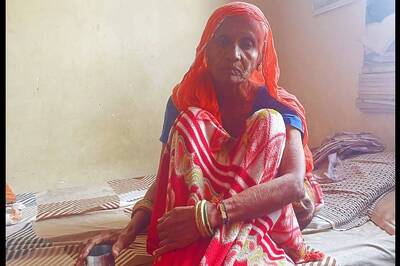
views
Sexual health is an integral part of the general well-being of all individuals. It is broad in scope, covering physical, mental, and social well-being regarding sexuality. According to the World Health Organisation (WHO), over one million sexually transmitted infections (STIs) are acquired worldwide every day. The absence of sexually transmitted infections and diseases such as acquired immunodeficiency syndrome (AIDS), Hepatitis B, Gonorrhoea, and Syphilis is fundamental to ensuring good physical sexual health. Understanding symptoms and ways to prevent such conditions are crucial for a person’s sexual well-being.
The symptoms of STIs can affect different body parts and range from mild to severe. While some STIs remain asymptomatic, others could take a couple of days to even a few years to show. Some symptoms to be on the lookout for are:
Pain during intercourse
Testicular and pelvic pain
Dark urine or pain during urination
Unusual discharge from the genital tracts or anus
Itchiness or small sores or blisters around the genitals
Bleeding between periods or after intercourse
From exercising caution to using contraceptives to vaccines, there are several preventive measures one can take to prevent getting or transmitting STIs.
Vaccination: There are vaccinations available for preventing STIs, such as hepatitis B and Human papillomavirus (HPV).
Physical contraceptives: Condoms and other barrier methods can reduce the risk of coming into contact with the bodily fluids of your partner, thus reducing the chance of contracting an infection transmitted through such an exchange.
Regular Tests: Regular STI screening will help you catch an infection early on and prevent it from getting transmitted to partners.
Communication: It is important to have an open conversation with sexual partners about your test results and sexual history. That way, you have a better chance of avoiding getting an STI.
Also Read: 5 Common Types of Cancer in Women
Preventive Treatment: Those at a higher risk of contracting the Human Immunodeficiency Virus can speak with a healthcare professional about pre-exposure prophylaxis (PrEP), a preventive treatment.
Limiting the number of sexual partners: The higher the number of sexual partners, the higher the chance that you have intercourse with someone with uncontrolled/asymptomatic sexually transmitted disease (STD)
In case you notice any symptoms of an STI, consult your doctor immediately.
Read all the Latest Lifestyle News here




















Comments
0 comment